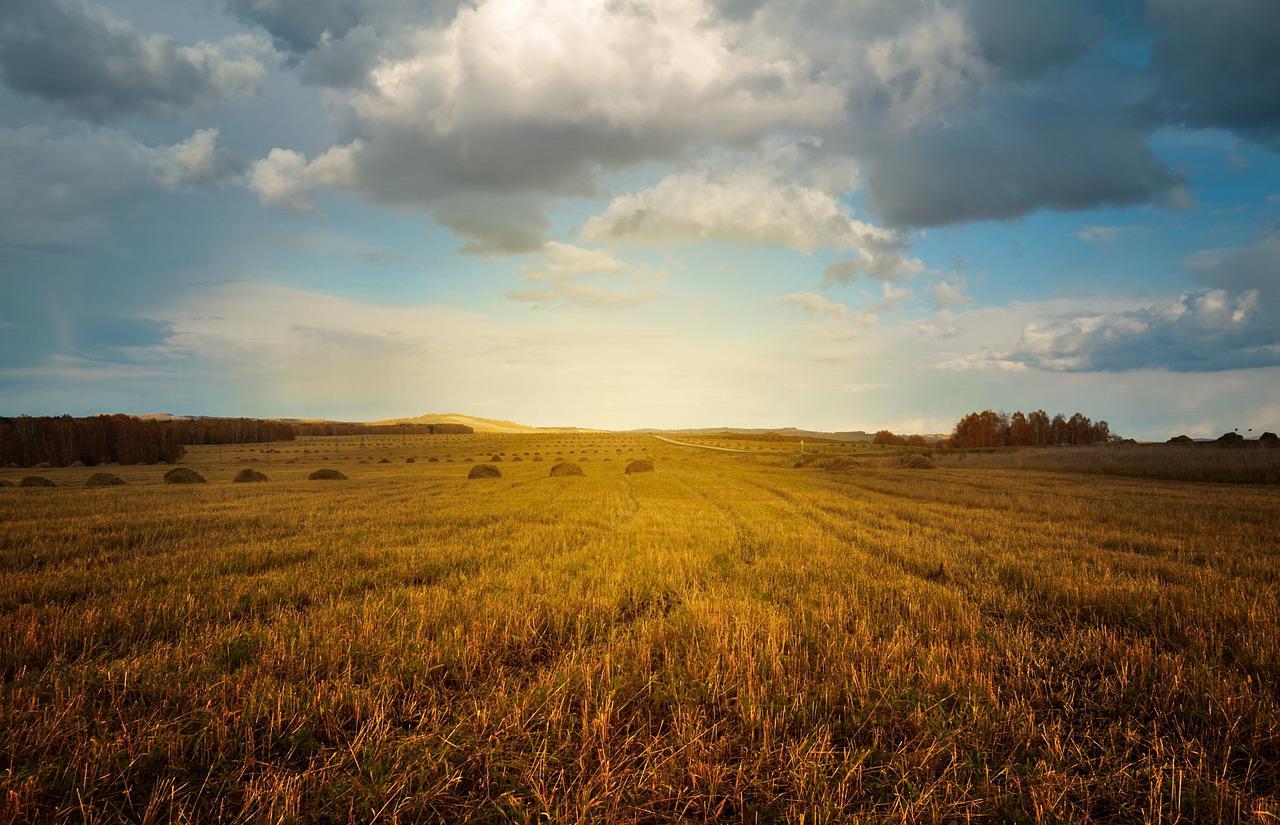Contrary to popular belief, the world is not running out of land for farming and we are not running out of food, says a Canadian expert in a field known as deeptech — instead, we are actually running out of farmers.
According to Kiersten Stead, managing partner of California’s DCVC Bio which was represented at the recent World Agritech Innovation Summit, that’s due in part to advancements in agricultural technology, but it’s indicative of a widespread trend that we all should be concerned about — the fact that an increasing number of people don’t want to, or are unable to, profitably farm anymore.
“Farming is one of the most dangerous jobs that we engage in. It’s also a really challenging job with high risks. All you have to do is look at the continuing consolidation of farms — farmers continue to adjust their businesses because they can’t or don’t want to do it anymore,” she says.
“We’re seeing the average age of farmers go up, and we’re seeing average farm size go up along with I, and an increasing shortage of labour. It’s not sustainable into the next generation.”
The statistics bear this out. According to the United Nations International Labour Organization (ILO), the percentage of people who work in agriculture has dropped from 44 per cent in 1991 to an all-time low of 26 per cent in 2020. The percentage of the North American workforce in agriculture has dropped drastically over the years, from 70 per cent in the year 1840 to around three per cent by 2000, according to USDA statistics.
According to the ILO 2020 report Spotlight on Work Statistics, the world is witnessing a pronounced urbanization trend, accompanied by shifts in employment from agriculture to the services sector.
Stead, originally from Alberta, focuses on investing in life science companies that have a deep-tech advantage, principally in therapeutics, agriculture and synthetic biology. Previously, she was a scientist and holds a PhD in molecular biology and genetics and an MBA in finance.
DCVC Bio was represented at the recent World Agri-Tech Innovation Summit held in March in San Francisco, which brought together growers, agribusiness leaders, technology pioneers and investors to discuss the future of agricultural technology.
Taking risks to change the game in ag, food and climate was a major theme, and attendees explored the question of what investors need to see to invest in the food and ag spaces. Progressive regulatory frameworks are a big part of that puzzle, she said in an interview with Seed World Group.
Stead and her team invest in early-stage companies and technologies that are using some form of deeptech combined with the life sciences in order to make life better for those that use it, which in the case of agriculture is all of us, she says.
With the number of farmers in the world shrinking, we need to look to technology to solve a trend that is only going to speed up over time as urbanization increases.
But to do that, Stead says we need progressive regulatory frameworks that put an emphasis on enabling innovation.
“What would life be like if your phone was regulated in the same way that transgenic crops were regulated?” she said.
THE PERCENTAGE OF THE NORTH AMERICAN WORKFORCE IN AGRICULTURE HAS DROPPED DRASTICALLY OVER THE YEARS, FROM 70 PER CENT IN THE YEAR 1840 TO AROUND THREE PER CENT BY 2000, ACCORDING TO USDA STATISTICS.
“It would probably look like something that was made in 1972 and it wouldn’t work very well at all. Of course, new phones come out all the time, constantly being improved and refined in order to do better enable what users are already doing with them.”
Policymakers have a tendency to regulate agricultural technologies well in advance of being able to see their potential unfold, she notes.
“On the software/hardware side of technology — I like to use phones as an example — we tend to regulate things only after we see what the problem is that we need to solve. Unfortunately, the life sciences are the polar opposite and we end up slowing down progress and hindering ourselves competitively.”
As a scientist by training, she got her degree in molecular biology and genetics at the University of Alberta and spent a lot of time working on applications in row crops. She worked in canola variety development, but soon was exposed to the process of observing of the research and development process and less of the biology end of things.
“I saw there were huge challenges and a lot of value built outside of the lab actually getting a biological technology like a canola variety into the hands of society, which is where the true value is created.”
According to Stead, agricultural technologies — biotech especially — need room to expand and evolve so that those technologies can be improved and used to their full potential as other technologies are.
“DCVC Bio is one of the first investors to think about how our industry can combine the use of big data which involves both engineering technologies and artificial intelligence. We look at things from a technology-first perspective along with the biology side.”
The problem is that policymakers often think regulation is good when it comes to the life sciences, but the data shows the opposite, according to Stead.
“With increased regulation, you are suppressing competition. Overregulation doesn’t get you where you want to you want to be, yet we think it’s a good thing and we think it’s better to have more of it rather than less because it makes us feel safer, when it fact it hinders us in a lot of ways,” she adds.
“Regulation in the life sciences often comes in advance of exploring how emerging technologies can be developed. Other advances (like semiconductor chips) tend to be regulated later, according to applications instead of regulating the use of the technology broadly. Such over-regulation massively limits application development, protects incumbents, and limits innovation.”
For more stories from the World Agritech Innovation Summit:
Rise of the Machines: Robots Could Soon Help Growers Make Seed Choices
Can Seed Fraud be Eradicated? This Startup Founder Says Yes





